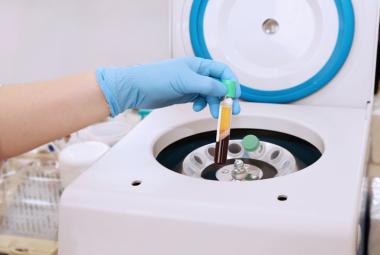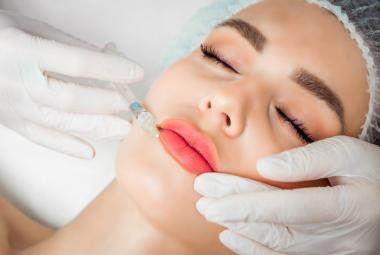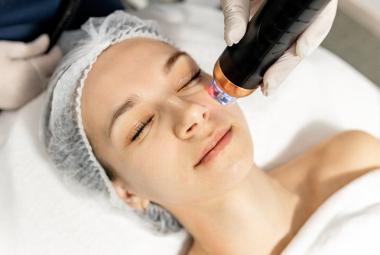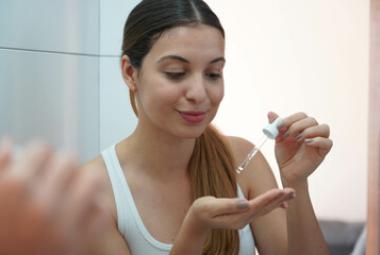While the consumption of alcohol is well known by the medical community as a potential hazard to a fetus, alcohol use during lactation is commonly a gray area for breastfeeding mothers. This article strives to clarify the extent to which a mother can safely use alcohol without adverse effects to her infant.
Alcohol transfers readily into human milk. Alcohol is not stored in milk; rather it enters and exits according to blood alcohol level. Levels of alcohol in milk peak at approximately 30 to 60 minutes following ingestion, then decline rapidly if no more is ingested. An average adult decreases blood alcohol levels by 15 to 20 mg/dL/hour. The dose of alcohol in milk is rather low (<16% of the mother’s dose), but this is a function of how much the mother consumes.1
Older guidelines for determining the waiting period were rough estimates of the time required for elimination of alcohol. Body weight is a better predictor for how quickly a mother metabolizes alcohol.
A prospective cohort study published in 2004 found that excessive consumption of alcoholic beverages during lactation affected infant development, such as weight and linear growth from 1 to 57 months.2 A new study indicates that non-alcoholic beverages that are designed to taste like alcohol (i.e., non-alcoholic beer) are harmless to infants.3
In terms of milk supply, new data now clearly demonstrate that alcohol actually inhibits oxytocin release from the pituitary, thus it impeding the letdown process so that milk is not released from the breast as efficiently. One study showed a 23% reduction in milk release while alcohol is present in the mother’s blood.1 In another study, alcohol completely blocked the release of oxytocin.4
In essence, the literature indicates that moderation and careful planning generally allows for safe consumption of alcohol in breastfeeding mothers.
Adapted from an article written by InfantRisk Staff
References:
- Mennella JA, Beauchamp GK. The transfer of alcohol to human milk. Effects on flavor and the infant's behavior. The New England journal of medicine. Oct 3 1991;325(14):981-985.
- Backstrand JR, Goodman AH, Allen LH, Pelto GH. Pulque intake during pregnancy and lactation in rural Mexico: alcohol and child growth from 1 to 57 months. European journal of clinical nutrition. Dec 2004;58(12):1626-1634.
- Schneider C, Thierauf A, Kempf J, Auwarter V. Ethanol concentration in breastmilk after the consumption of non-alcoholic beer. Breastfeeding medicine : the official journal of the Academy of Breastfeeding Medicine. Jun 2013;8(3):291-293.
- Coiro V, Alboni A, Gramellini D, et al. Inhibition by ethanol of the oxytocin response to breast stimulation in normal women and the role of endogenous opioids. Acta endocrinologica. Mar 1992;126(3):213-216.







